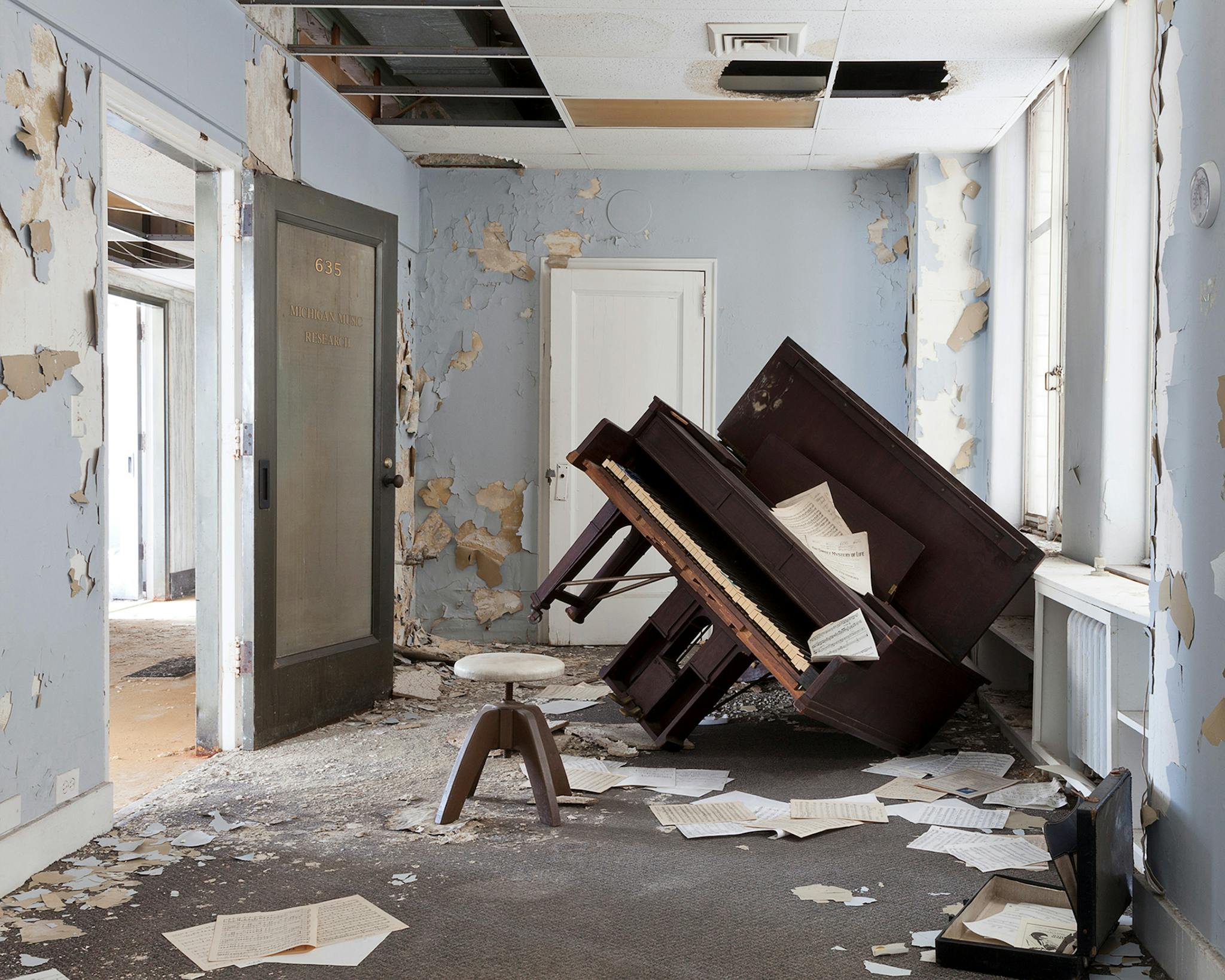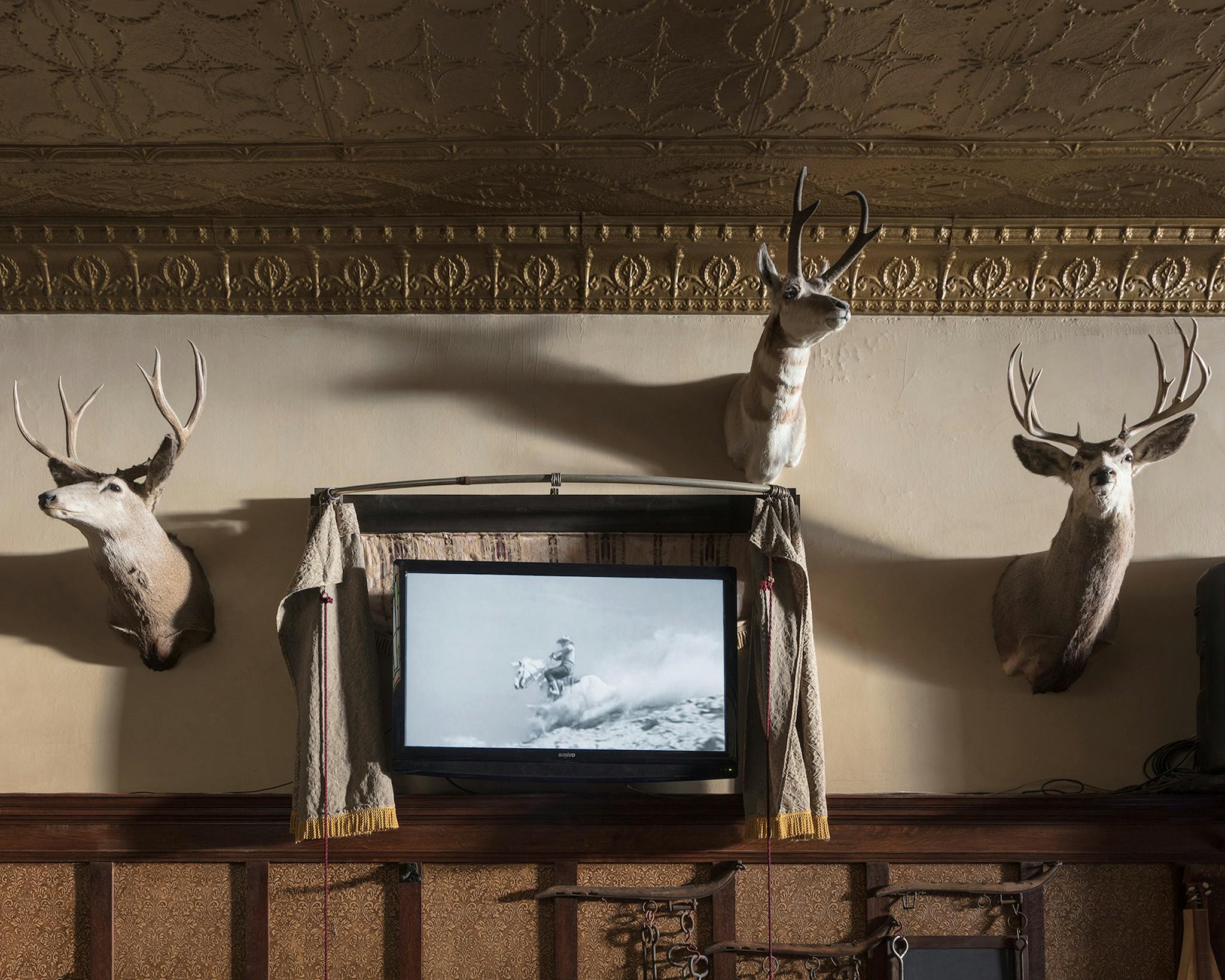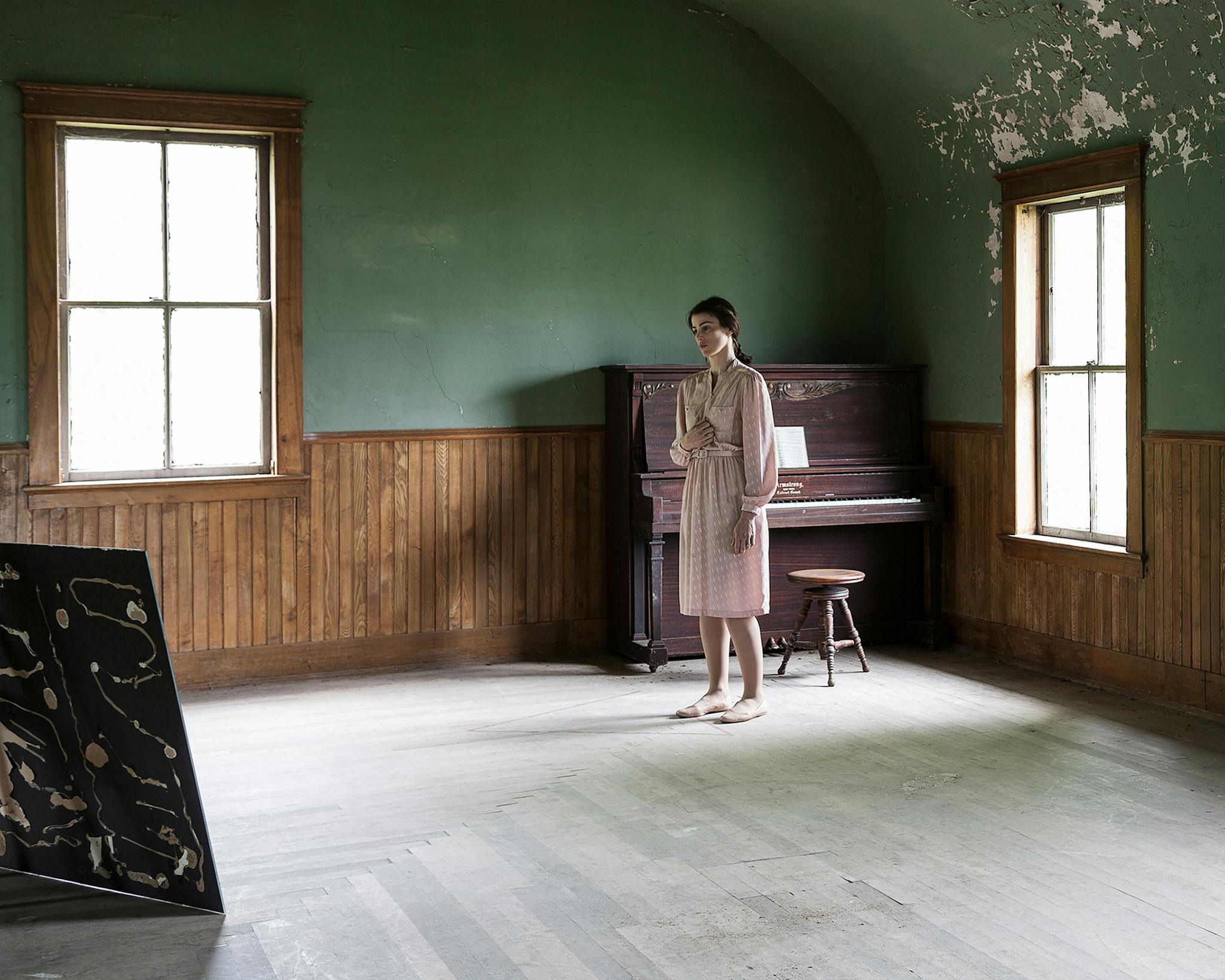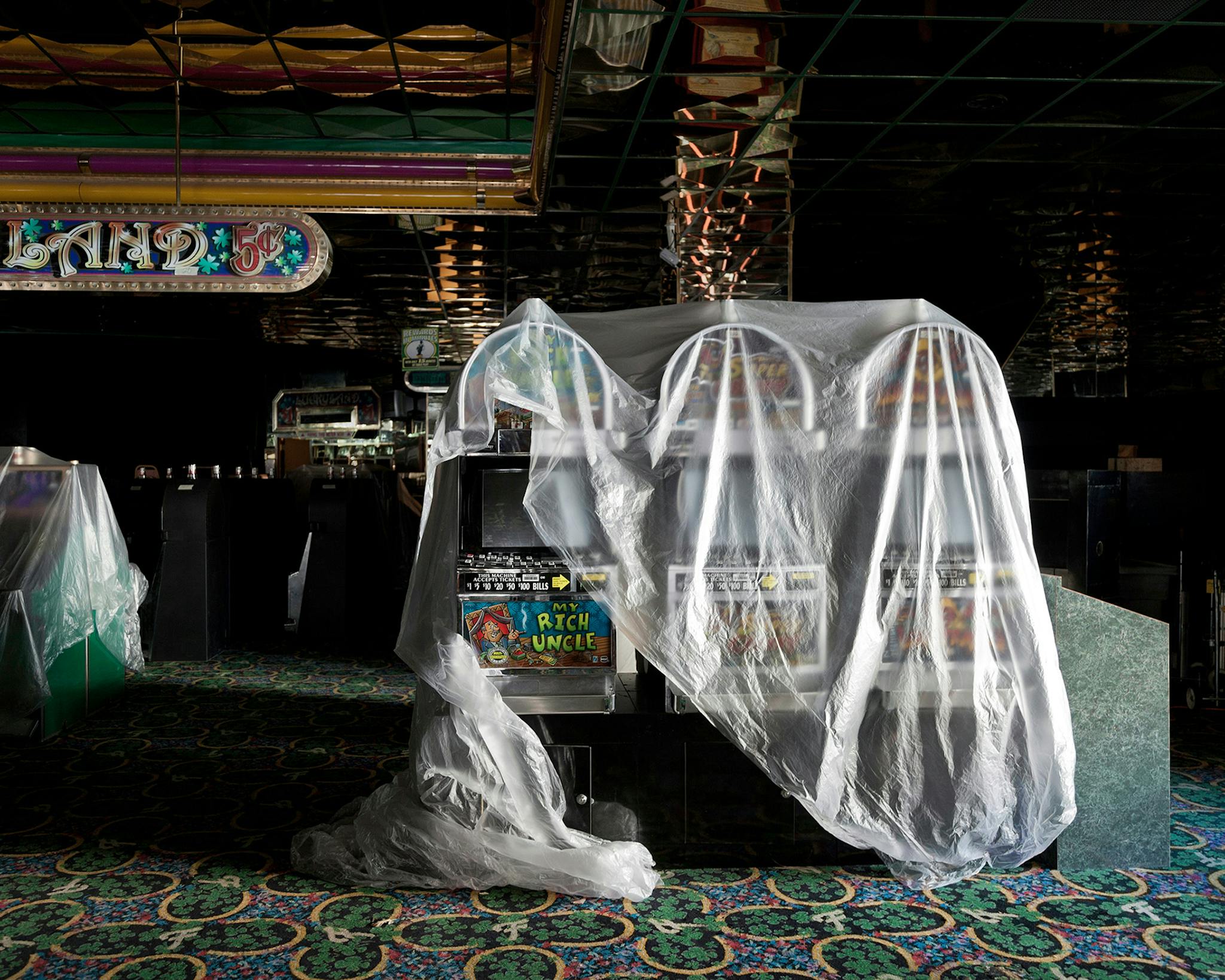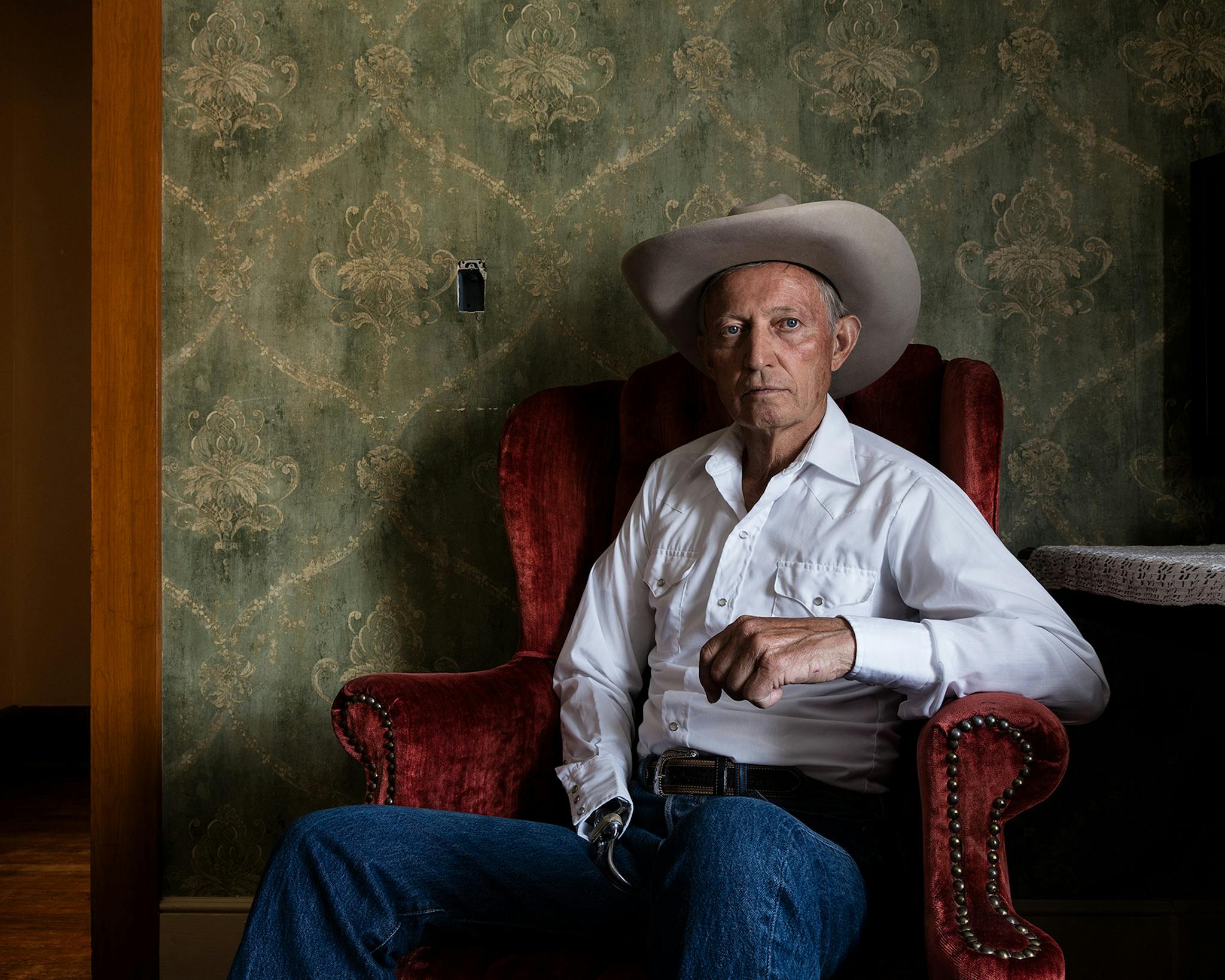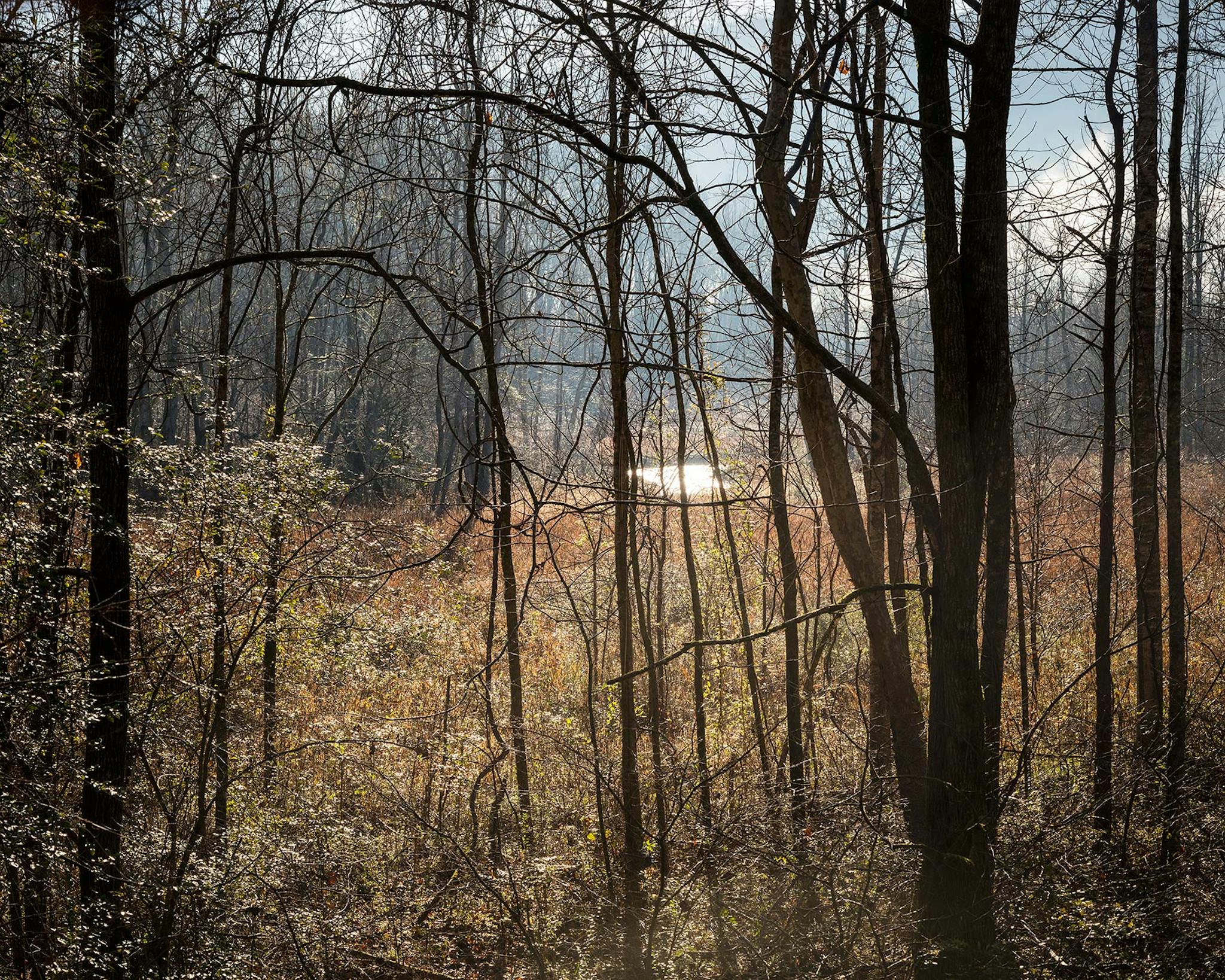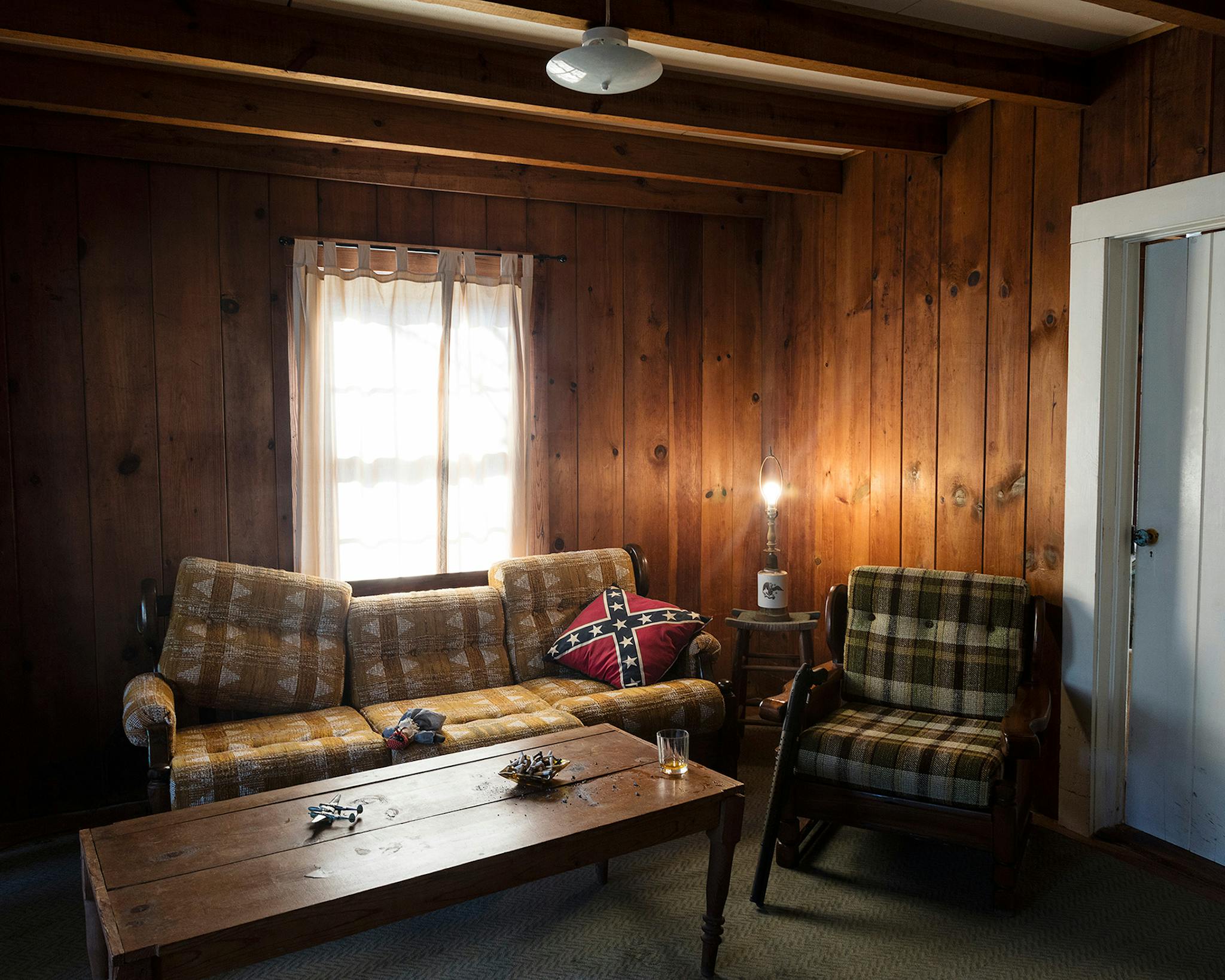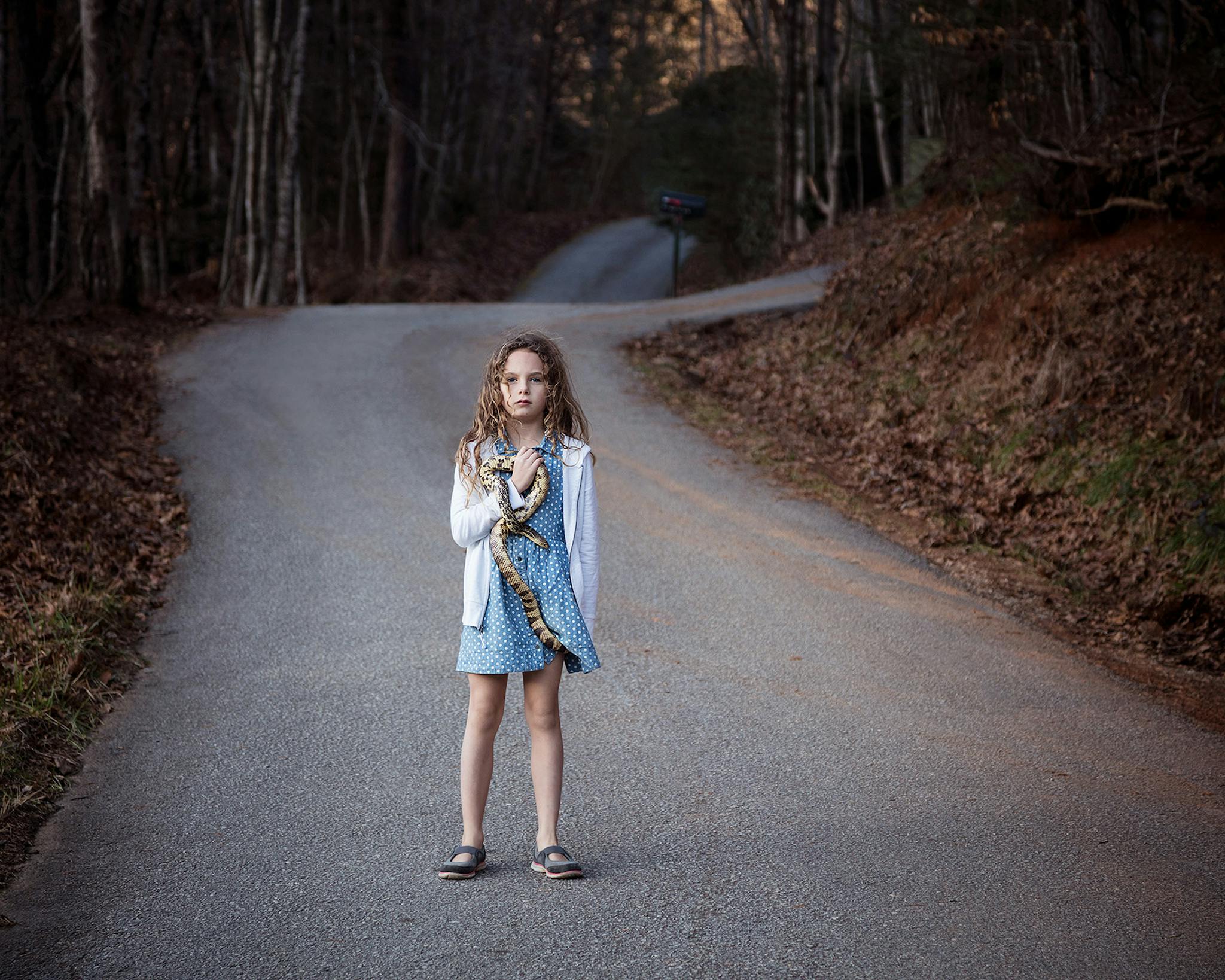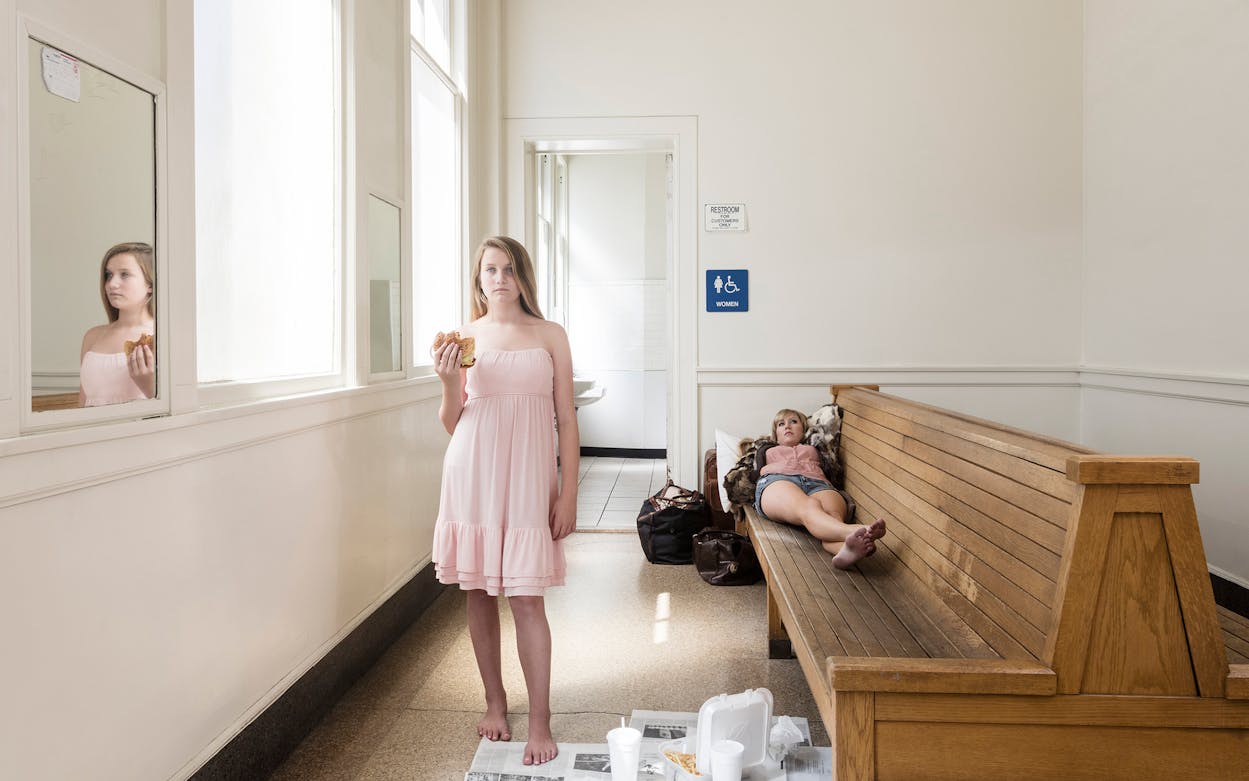To Jennifer Garza-Cuen, an American photographer who spent fifteen years living and traveling abroad, the idea of home is complicated. It’s also a fertile subject. Since her return to the U.S. in 2004, the 46-year-old assistant professor of photography at Texas A&M-Corpus Christi has built a rich oeuvre questioning the centrality of geographic origin to a person’s identity. Her recent series, Imag[in]ing America, is a vivid photographic journey through six places in the U.S. to which she has a personal connection. “I’m into this idea of where we come from as a signifier to define us. People ask, ‘What’s your name, where do you come from, what is your job?’ Those are the three things that people seem to need to know about you,” she says. “So this idea of place becomes huge. One of my questions is, if we’re such a mobile society, then what does being ‘of a place’ mean?”
This month, the board of the John Simon Guggenheim Memorial Foundation announced Garza-Cuen as a 2019 Guggenheim fellow, one of three from Texas. Acclaimed writer and illustrator Edward Carey (Little, The Iremonger Trilogy), associate professor of English at the University of Texas at Austin, and poet Cyrus Cassells, a professor of English at Texas State University, also made the list of 168 artists and scholars selected this year from almost three thousand applicants in the U.S. and Canada. “It’s an extraordinary level of support for my creative practice,” Garza-Cuen says of the honor. “Not just financially, but also the notoriety that it brings and the opportunity for institutional support. Photography is very expensive, and therefore it usually takes a long time to do large bodies of work. I’ve been working on Imag[in]ing America for almost ten years now.”
She has either lived in or has family ties to each of the towns featured in the series—from Reno, Nevada to Rabun County, Georgia. Shot mostly in large format, the images radiate longing: overflowing plastic ashtrays on vintage coffee tables, an empty theater awaiting an audience, a woman in spiked heels alone on a desolate road. Imag[in]ing America speaks in a lush visual language of faded wall paper, barefoot girls, and an overriding sense that something is missing.
Garza-Cuen plans to use the Guggenheim grant for her next project. She’ll photograph the trajectory of her family’s multigenerational migrations and the two cities where each side of her family settled: El Paso and Juneau, Alaska. “I intend to track the movements of my immigrant ancestors in images, as a way of accessing the myth of assimilation,” she says. “I know that many of the things I know to be true are probably not quite. I mean, that’s the thing about family histories, right? There are a lot of missing pieces. I’m interested in the way things ride a line between truth and fiction.”
